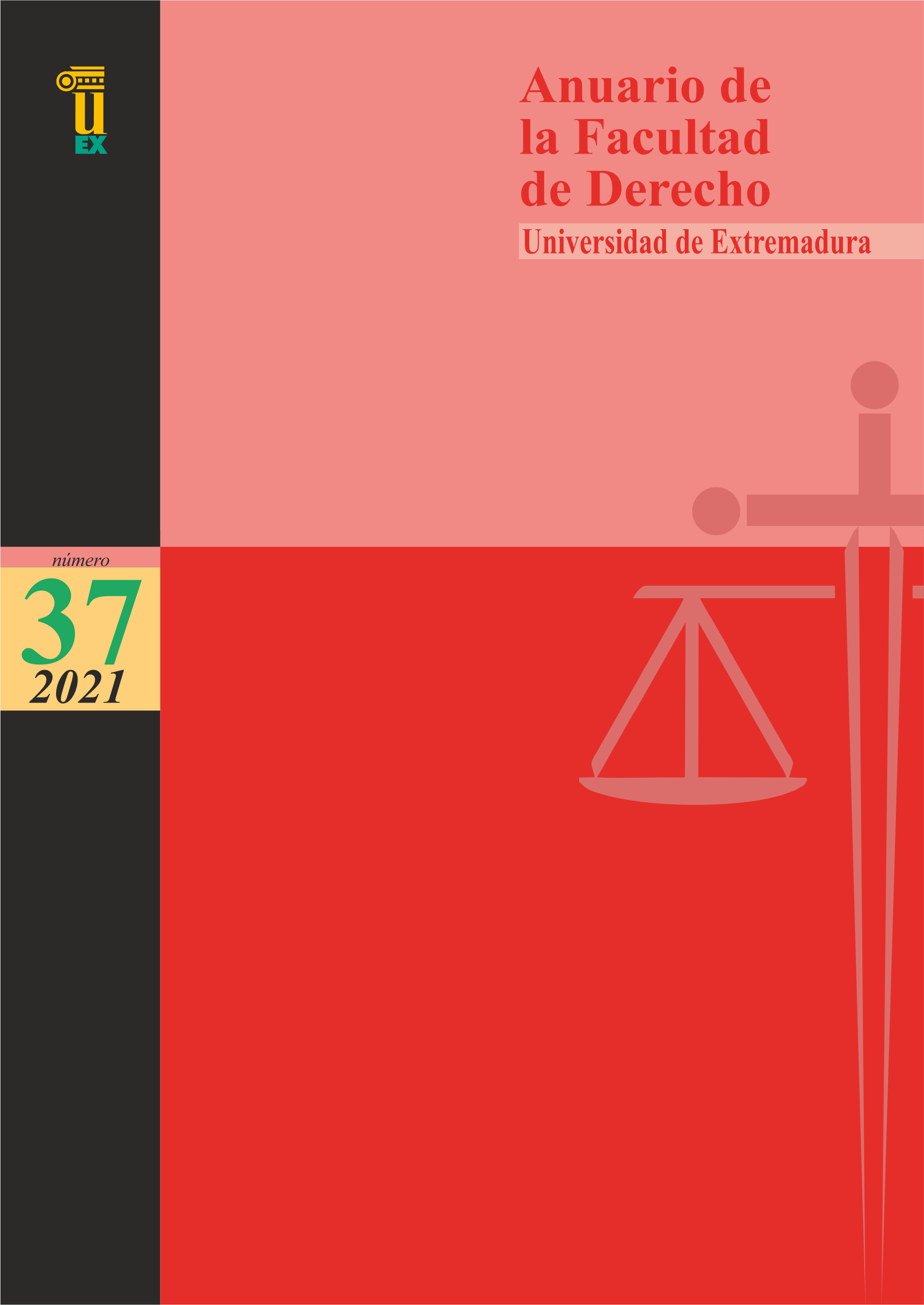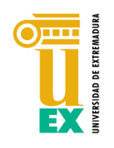The Aporia of Global Juridicality: Towards a Univocal Relativism of Law
DOI:
https://doi.org/10.17398/2695-7728.37.119Keywords:
Equivocism, univocism, voluntarism, imputation, juridicity, analogyAbstract
In the context of a post-secular and globalized world, subjective right emerges as a univocal category to define and rewrite the concept of the total under the universalist thought that, assisted by new technologies as its main instrument of diffusion, has undergone a vertiginous process of imposition to all orders of life. The following paper aims to analyze the apparently contradictory relationship between the equivocity of voluntarism underlying subjective law and its subsequent but inevitable transformation into an absolute category of thought with a claim to objectivity, making law a mere instrument for the satisfaction of individual whim and private will, while formalizing it within a univocal logic by means of the philosophical-theological phenomenon of imputation. It will therefore be in the interest of this study to offer a response from the analogicity of law itself in order to try to restore its ontological meaning.
Downloads
References
Agamen, Giorgio. ¿En qué punto estamos? La epidemia como política. Madrid: Adriana Hidalgo Editora, 2020.
Agamben, Giorgio. Homo Sacer: el poder soberano y la nuda vida, Pre-Textos, Valencia, 2005.
Baudrillard, Jean. El crimen perfecto. Barcelona: Anagrama, 2000.
Beuchot, Mauricio. Hechos e interpretaciones. Hacia una hermenéutica analógica. Buenos Aires: Adriana Hidalgo, 2009.
Beuchot, Mauricio. Puentes hermenéuticos hacia las humanidades y la cultura. Ciudad de México: Universidad Iberoamericana, 2006.
Beuchot, Mauricio. Perfiles esenciales de la hermenéutica. Ciudad de México: Universidad Nacional Autónoma de México, 2002.
Beuchot, Mauricio y Francisco Arenas. Hermenéutica de la encrucijada. Analogía, retórica y filosofía. Barcelona: Anthropos, 2008.
Han, Byung Chul. La expulsión de lo distinto. Barcelona: Herder, 2017.
Han, Byung Chul. Topología de la violencia. Barcelona: Herder, 2016.
De Muralt, André. La estructura de la filosofía moderna. Sus orígenes medievales en Escoto, Ockham y Suárez. Madrid: Itsmo, 2002.
D’Ors, Álvaro. Una introducción al estudio del derecho. Madrid: Rialp, 1963.
Enríquez, José María. Desgracia e injusticia, del mal natural al mal consentido. Madrid: Sequitur, 2015.
Gallego García, Elio A. Tradición Jurídica y Derecho Subjetivo. Madrid: Dykinson, 1996.
Gallego Pérez de Sevilla, Francisco de Borja. Las religiones políticas: sobre la secularización de la fe y la sacralización del mundo. Pamplona: Thomson Reuters Aranzadi, 2021.
Girard, René. La violencia y lo sagrado. Barcelona, Anagrama, 1995.
Muñoz de Baena, José Luis. La abstracción del mundo: sobre el mal autoinmune de la juridicidad moderna. Madrid: Centro de Estudios Políticos y Constitucionales, Madrid, 2018.
Schmitt, Carl. Teología Política. Madrid: Trotta, 2009.
Downloads
Published
Issue
Section
License
Since November 2024 this journal is licensed under CC-BY-NC 4.0








.png)




